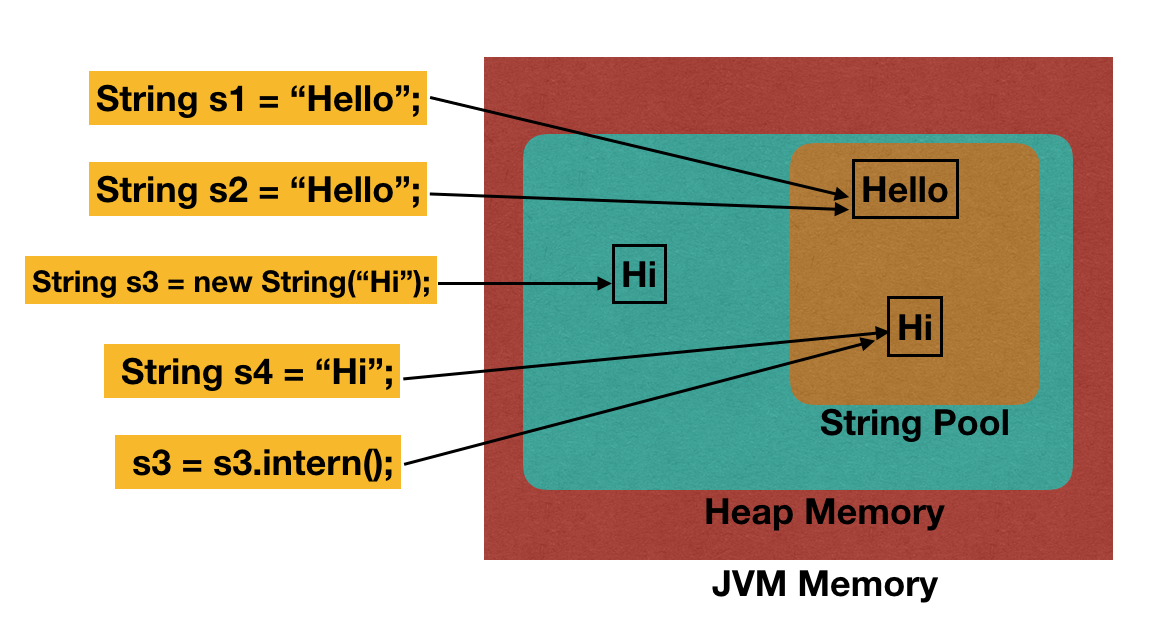Exploring the Benefits of Unalterable Strings in Modern Programming Paradigms
In the realm of modern-day programs paradigms, the principle of immutable strings stands as a foundation of robust software program growth. The advantages they supply go beyond simple convenience; they fundamentally change the way data is handled within applications. By adopting unalterable strings, programmers can make sure improved data integrity, boosted string safety, streamlined debugging procedures, enhanced safety and security measures, and efficient performance optimization. These benefits offer as a testament to the profound influence that embracing immutability can carry the dependability and effectiveness of software program systems.
Boosted Information Stability

By stopping the adjustment of string items, immutability gets rid of the risk of unintentional changes to the data they hold. This not just boosts the safety and security of the information however likewise enhances the integrity of the code that counts on these strings.
Immutability also sustains much safer multithreading environments, as simultaneous access to immutable strings does not position the risk of data corruption with synchronised adjustments. This property simplifies the process of dealing with strings in parallel programs scenarios.
Fundamentally, immutability works as a safety guard around the information saved within strings, enhancing their integrity by ensuring that as soon as specified, their values continue to be unchanged throughout the program's implementation.

Improved Thread Security
Immutable strings improve the string security of programs by guaranteeing that when a string object is produced, its worth can not be changed. This home eliminates the threat of simultaneous threads attempting to change the same string concurrently, which could bring about information corruption or inconsistent states in the program - Why are strings immutable in Java?. In a multi-threaded setting, where multiple threads access and adjust information all at once, the immutability of strings supplies a level of safety and security by assuring that the data stays unchanged throughout its lifecycle
Streamlined Debugging Processes
Given the enhanced string safety helped with by unalterable strings, a substantial benefit occurs in the world of streamlined debugging procedures. Immutable strings, once created, can not be changed, making it easier to map the circulation of information and identify the resource of insects in a program. This immutability guarantees that strings remain constant throughout the implementation of the program, decreasing the chance of unexpected modifications that can result in mistakes.
When debugging with mutable strings, programmers typically run into issues where a string's worth is modified accidentally, making it challenging to identify the origin cause of a pest. However, with unalterable strings, the information stays unchanged, enabling programmers to concentrate on examining the real reasoning of the code as opposed to tracking down where and when a string was changed incorrectly.
Furthermore, unalterable strings simplify the debugging procedure by enabling simpler reproduction of pests. Considering that unalterable strings do not transform state, developers can recreate and study bugs better, leading to quicker identification and resolution of problems within the codebase. This streamlined debugging workflow eventually adds to greater software program top quality and boosted total growth efficiency.

Boosted Protection Procedures
Enhancing data security and strengthening system integrity, the application of immutable strings in software application applications contributes significantly to boosted safety and security actions. Unalterable strings also play an essential role in stopping usual security vulnerabilities such as barrier overflows and SQL shot strikes, as attempts to manipulate string data at runtime are naturally limited.
Moreover, the immutability of strings enhances the predictability of program actions, making it less complicated to confirm inputs and avoid unexpected changes that might compromise safety and security. This predictability streamlines the process of auditing and verifying code, allowing developers to determine prospective safety and security technicalities extra effectively. In general, incorporating immutable strings right into software application growth techniques not just enhances the toughness and reliability of applications but additionally reinforces their durability against safety and security risks.
Effective Efficiency Optimization
Building upon the structure of boosted protection measures attained via the usage of unalterable strings, a crucial aspect to take into consideration in software advancement is efficient efficiency optimization. When dealing with mutable strings, procedures like concatenation or substring development often cause the development of brand-new string objects, causing memory expenses and increased handling time. Nevertheless, with immutable strings, these operations can be enhanced to boost performance. By enabling strings to continue to be constant and stable, immutable strings facilitate better memory administration and caching chances, eventually enhancing the overall like this efficiency of the software application.
Given that unalterable strings can not be changed once developed, they can be shared throughout threads without the threat of unexpected modifications, reducing the demand for synchronization mechanisms and boosting concurrency. Immutable strings simplify debugging procedures as developers can trust that a string's worth will certainly continue to be constant throughout the program's execution, getting rid of possible mistakes created by mutable state modifications.
Final Thought
In final thought, the advantages of using immutable strings in contemporary programming paradigms can not be overstated. Improved data stability, boosted thread security, streamlined see post debugging processes, enhanced protection measures, and efficient efficiency optimization all contribute to the general performance of programs tasks. By including unalterable strings right into programming techniques, designers can profit from an extra durable and dependable codebase.
Immutability, a key feature of strings in programming languages such as Java and Python, makes sure that when a string object is produced, it can not be changed or modified.Immutable strings enhance the thread safety and security of programs by making certain that as soon as a string object is created, its value can not be customized. Immutable strings additionally play a crucial duty in avoiding common security vulnerabilities such as buffer overflows and SQL injection strikes, as efforts to adjust string information Get More Info at runtime are inherently limited.
By permitting strings to stay continuous and unchangeable, immutable strings promote much better memory administration and caching possibilities, ultimately increasing the overall performance of the software.
Unalterable strings simplify debugging processes as programmers can trust that a string's value will continue to be consistent throughout the program's implementation, removing prospective errors caused by mutable state modifications.